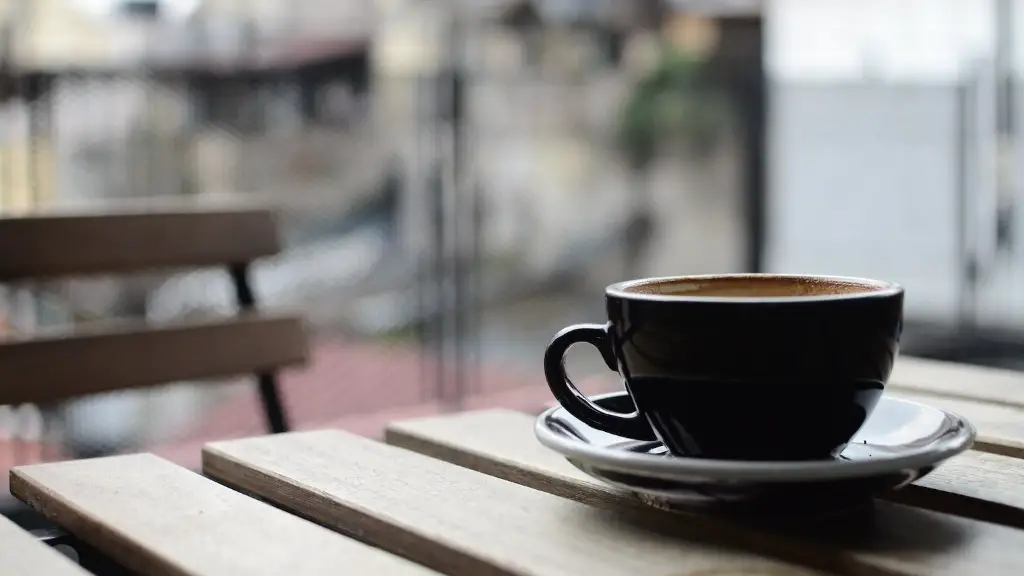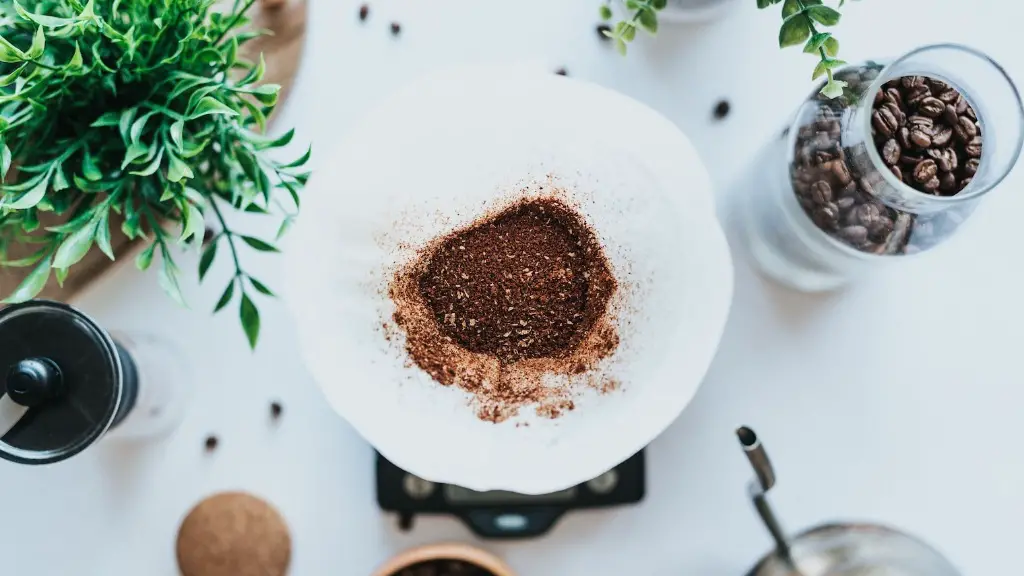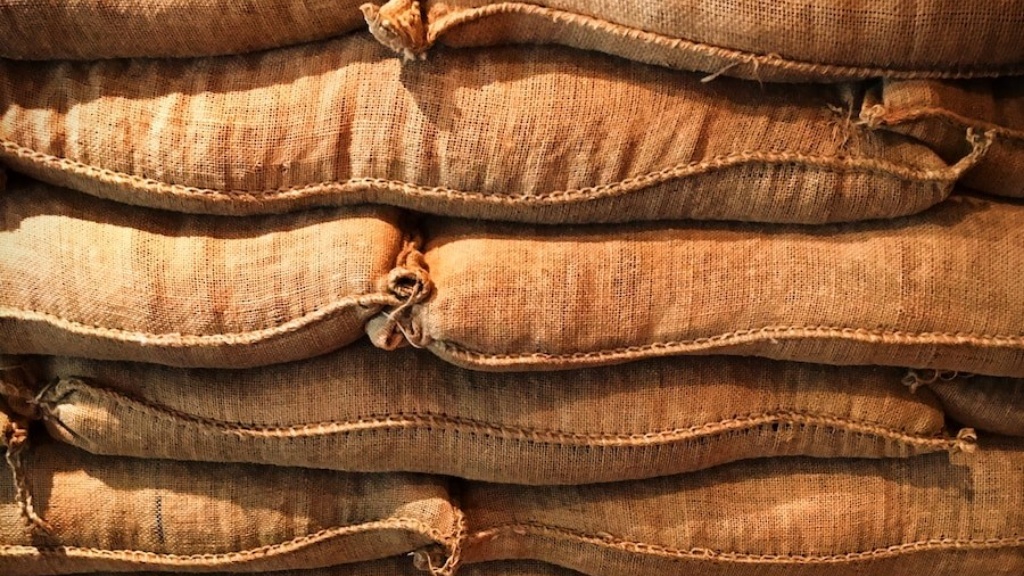Coffee is one of the most preferred drinks in the world. Whether you’re grabbing a cup from the café on the way to work, or having it at home, coffee can do wonders for your health. It can give you a boost and help you concentrate, but what else does it do to you? Let’s take a look at a few of the most noteworthy effects of coffee on the human body.
Coffee helps you stay alert and energized. The caffeine in it helps to raise the levels of certain neurotransmitters, such as dopamine and serotonin. This can help you focus, decrease fatigue, and improve your mental and physical performance. Coffee also has antioxidants that can help protect your cells from free radicals, the molecules that can damage them. Studies show that coffee can help reduce the risk of certain cancers, such as liver and colorectal cancer.
Coffee can also help you with weight management. Studies suggest that coffee can help enhance your metabolism and increase fat burning. It can also provide a feeling of fullness and satiety, which can help you eat fewer calories throughout the day. Additionally, coffee can help reduce inflammation, another factor that contributes to weight gain.
Coffee can even have beneficial effects on the heart. Regular coffee drinkers have a lower risk of heart disease and stroke, compared to non-coffee drinkers. It’s thought that antioxidants in coffee can decrease the risk of cardiovascular events. Additionally, it can also help lower cholesterol and blood pressure levels.
However, it’s important to remember that coffee can affect people differently. If you are sensitive to its effects, it might be best to limit your intake. Also, people who are pregnant or breastfeeding should avoid coffee, as it can be harmful to a developing baby. Coffee should also be consumed in moderation, as drinking too much can lead to anxiety, insomnia, and heart palpitations.
Effects on the Brain
One of the most interesting effects of coffee is on the brain. Coffee can help enhance cognitive performance and reaction time. It can also increase alertness and concentration, and some scientists believe that it can even help with memory and problem-solving. It’s thought that coffee-drinkers are less likely to suffer from Alzheimer’s and Parkinson’s disease.
Coffee can even help reduce the risk of depression. Studies suggest that it can help increase serotonin levels, which can help stabilize moods. Additionally, regular coffee drinkers have a lower risk of suicide, compared to non-coffee drinkers.
Coffee can have both positive and negative effects on your mental health, and it’s important to consider the potential risks. Too much coffee can lead to restlessness, anxiety, and negative thoughts. It’s important to practice moderation, and if you’re concerned about your mental health, be sure to talk to a doctor.
Caffeine Content
When it comes to coffee, it’s all about the caffeine. Caffeine is a stimulant drug, and it can have effects on the body and mind. Studies suggest that caffeine can help improve physical performance, alertness, and concentration. Additionally, it can help reduce the feeling of fatigue and increase energy levels.
However, it’s important to consider your tolerance to caffeine. Too much can lead to anxiety, restlessness, and insomnia. Additionally, it can also act as a diuretic, so it can increase the number of trips to the bathroom. It’s best to enjoy coffee in moderation, or consider decaffeinated coffee if you are sensitive to the effects of caffeine.
The Verdict
When it comes to coffee, there is much more to it than meets the eye. It can do wonders for your health, from helping you stay energized to reducing your risk of certain diseases. But it’s important to consider your tolerance to caffeine and practice moderation. Ultimately, coffee can be a great addition to your diet if enjoyed in the right amounts.
Conclusion
At the end of the day, coffee can be an incredible addition to your day. There are many positive effects on the body, from increased alertness and concentration, to improved physical and mental performance, as well as reduced risk of certain diseases. However, it’s important to take into account the potential risks and consume it in moderation.
Alternate Sources
For those who don’t want to drink coffee or can’t due to the potential side effects, there are other sources of caffeine. Common sources are soda, energy drinks, and even chocolate. However, it’s important to be mindful when consuming these drinks and foods, as the amounts of caffeine in them can be quite high.
Another option is green tea. It has much less caffeine than coffee, and it also contains antioxidants that can help protect the body from free radicals. Additionally, it can also help boost energy levels and improve concentration, just like coffee.
Benefits on the Skin
Drinking coffee doesn’t just benefit the body on the inside; it can do wonders for the skin as well. Coffee can help keep the skin looking bright and radiant, while also helping to reduce signs of aging. It can also help protect the skin from environmental damage, such as the sun and pollutants.
Coffee also has anti-inflammatory properties, which can help reduce redness and puffiness. Additionally, it can help improve circulation, which can promote collagen production, resulting in firmer, more youthful skin.
However, it’s important to note that the benefits of coffee on the skin depend on how it’s consumed. Adding sugar and cream to your coffee can counteract the positive effects, as these additives can cause inflammation and clog pores. Thus, it’s best to enjoy your coffee black for optimal skin benefits.
Other Uses
Coffee has many uses beyond just drinking it. For example, you can add a scoop of coffee grounds to your face masks or body scrubs, which can help exfoliate the skin and make it look smoother and brighter. Additionally, the caffeine in coffee can help stimulate hair growth, so you can use it in your hair masks.
You can also use it in your beauty recipes. For example, you can make a body scrub by combining ground coffee, coconut oil, and sea salt. This combination can help exfoliate the skin, reduce cellulite, and even improve circulation. Additionally, you can add coffee grounds to your conditioner for an extra shine boost.
Furthermore, coffee is great for getting rid of bad odors. Simply put a few scoops of coffee grounds into small bowls and place them around your home. This works especially well in fridge or smelly shoes, as the grounds can help to keep them smelling fresh and clean.





